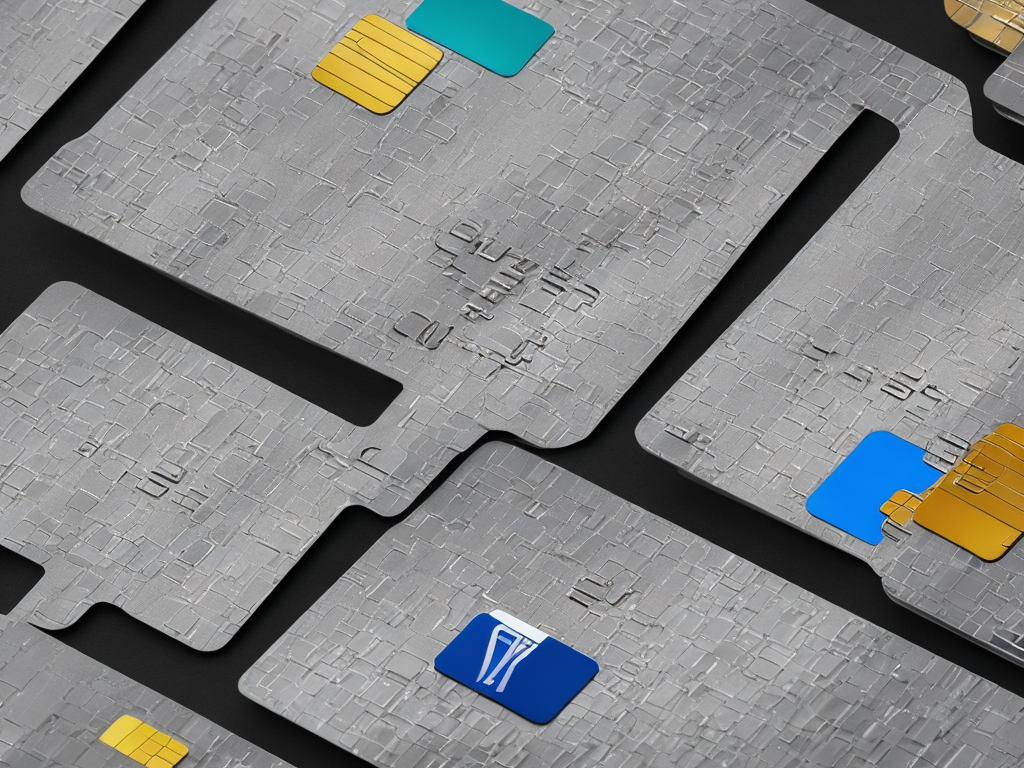
Credit cards and debit cards are both popular payment methods around the world. While they may look similar, they function very differently and offer unique advantages and disadvantages to users. Understanding the difference between debit and credit cards is important for financial literacy and responsible spending.
Debit Cards
A debit card is a payment card that is linked directly to your bank account. It allows you to withdraw money in cash, make purchases, and pay bills. When you use a debit card, the money is automatically taken out of your bank account balance. This means that you can only spend the money that you have in your account.
One of the main advantages of a debit card is that it offers a more simple and straightforward way to manage your finances. You can only spend the money that you have in your account, which can help you avoid overspending or going into debt. Many banks also offer alerts and notifications to help you track your spending and manage your budget.
Another advantage of debit cards is that they have lower fees compared to credit cards. Debit cards usually have no annual fees and lower interest rates. This means that you can save money on interest charges and fees over time.
However, there are also some disadvantages to using a debit card. One of the main disadvantages is that there is no protection against fraud or unauthorized transactions. If someone steals your debit card information or makes unauthorized purchases, it can be difficult to get your money back. This is why it is important to monitor your account regularly and report any suspicious activity to your bank.
Debit cards also have limited rewards and benefits compared to credit cards. While some debit cards offer rewards such as cashback or discounts, they are usually less generous than credit card rewards. Additionally, debit card rewards are often tied to specific merchants or retailers, which can limit your options.
Credit Cards
A credit card is a payment card that allows you to borrow money from a bank or a lender to make purchases. When you use a credit card, you are essentially taking out a loan and agreeing to pay it back later. This means that you can spend more money than you have in your bank account, up to your credit limit.
One of the main advantages of a credit card is that it offers more flexibility and purchasing power. You can make larger purchases or pay for unexpected expenses without worrying about whether you have enough money in your account. Additionally, credit cards offer rewards and benefits that can help you save money on your purchases and earn valuable perks such as travel rewards or cashback.
Another advantage of credit cards is that they offer protection against fraud and unauthorized transactions. If someone steals your credit card information or makes unauthorized purchases, you can often dispute the charges and get your money back. Additionally, many credit cards offer fraud protection and alerts to help you monitor your account and prevent fraudulent activity.
However, there are also some disadvantages to using a credit card. One of the main disadvantages is that it can be easy to overspend and accumulate debt. If you don't pay your credit card balance in full each month, you will incur interest charges and fees that can add up over time. This can lead to a cycle of debt that can be difficult to escape.
Another disadvantage of credit cards is that they usually have higher fees and interest rates compared to debit cards. Credit cards often have annual fees, late payment fees, and other charges that can add up over time. Additionally, credit card interest rates are usually higher than debit card interest rates, which means that you will pay more in interest charges if you carry a balance.
Final Thoughts
In summary, the main difference between debit and credit cards is that debit cards allow you to spend only the money you have, while credit cards allow you to borrow money up to your credit limit. Debit cards offer simplicity and lower fees, while credit cards offer flexibility and rewards. However, both types of cards have advantages and disadvantages that depend on your personal financial situation and spending habits. It is important to understand the difference between debit and credit cards and choose the one that fits your needs and budget.
 Self-Instruct
Self-Instruct